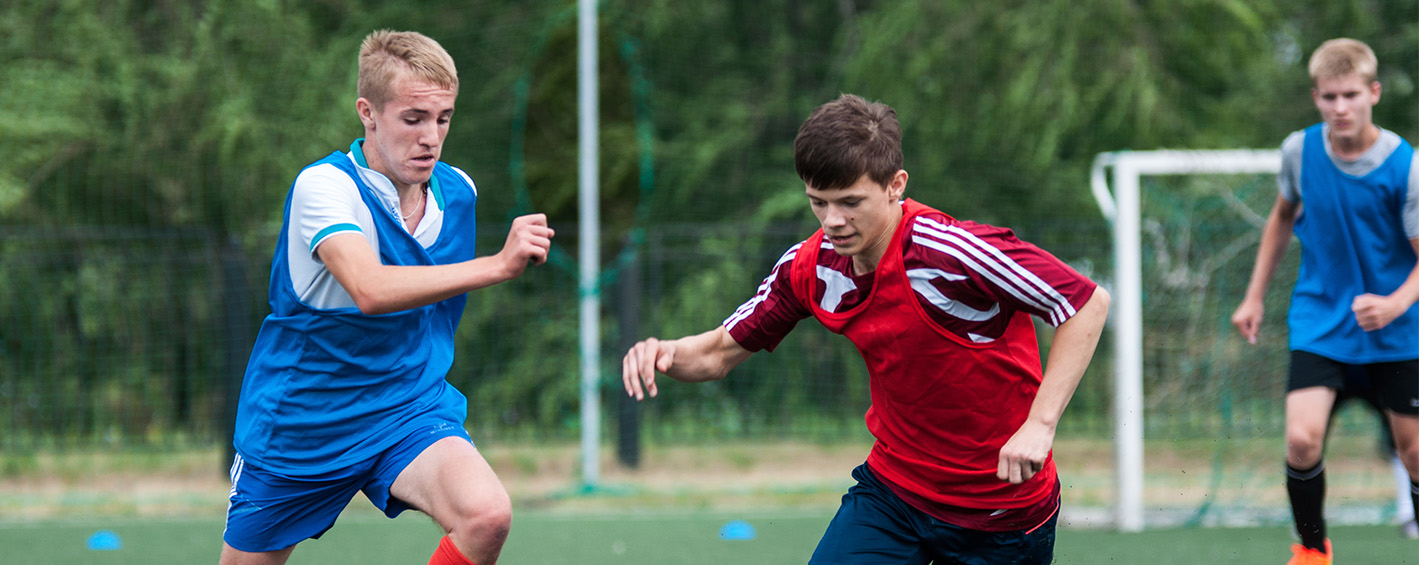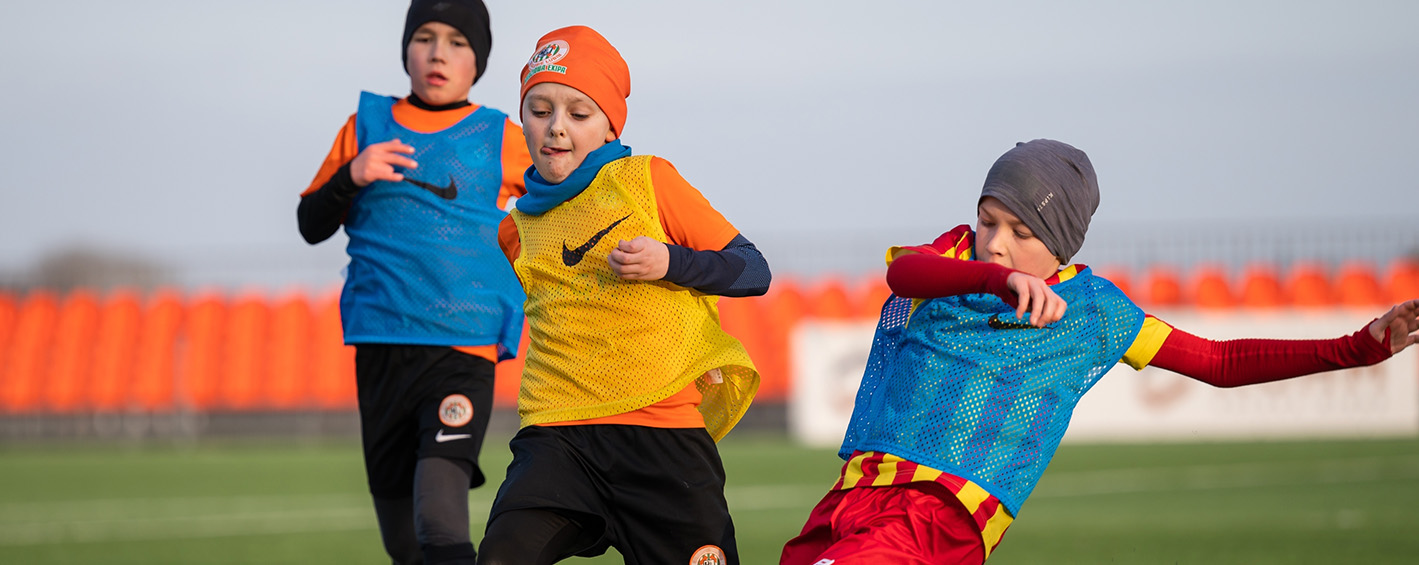Share it
Luis de la Fuente, the manager of Spain, faces a unique challenge when preparing his team for an international match, as his players come back from their clubs. To overcome this challenge for optimal team performance, he employs several strategies...

Luis de la Fuente focuses on building a cohesive team environment by fostering effective communication and unity among the players. This involves creating a strong sense of national team identity and emphasizing the common goal of representing Spain.
Secondly, De la Fuente and his coaching staff carefully monitor the fitness levels and match fitness of each player. They collaborate with the players' club teams to gather information regarding their recent performances, training routines, and overall condition. This information helps de la Fuente make informed decisions about player selection and determine the appropriate training intensity for each individual.
Tactical understanding
Additionally, de la Fuente emphasizes tactical understanding and adaptability within the team. He strives to develop a consistent playing style and implements training sessions that focus on specific game scenarios, ensuring that the players understand their roles and responsibilities on the field.
Furthermore, de la Fuente and his coaching staff work closely with the players' club teams to coordinate training and match schedules. They aim to minimize fatigue and injury risks by carefully managing the workload of each player, considering factors such as travel demands and recovery time.
Lastly, de la Fuente emphasizes the importance of mental preparation. He works with sports psychologists to help the players cope with the challenges of transitioning from their club teams to the national team setup. This includes strategies for managing pressure, maintaining focus, and fostering a winning mentality.
Overall, Luis de la Fuente tackles the challenge of integrating players from different clubs and stages in their seasons through effective communication, individualized fitness management, tactical preparation, and mental conditioning. By implementing these strategies, he aims to create a cohesive and competitive Spanish national team that can perform at its best in international matches.

Learning from De la Fuente
As a coach I can learn valuable lessons from the way De la Fuente prepares his teams so I have listed the important elements here so you can use them to help prepare your team.
- Building team unity: De la Fuente emphasizes the importance of creating a cohesive team environment and fostering effective communication among players. Youth teams can focus on developing strong team dynamics, encouraging mutual support, and building a sense of camaraderie among players.
- Individualized approach: De la Fuente carefully monitors the fitness levels and match fitness of each player, taking into account their specific needs. Youth teams can adopt a similar approach by recognizing the unique strengths, weaknesses, and development areas of individual players. Tailoring training programs and providing personalized feedback can help maximize each player's potential.
- Tactical understanding and adaptability: De la Fuente emphasizes tactical awareness and adaptability within his team. Youth teams can benefit from developing a solid understanding of different formations, systems, and game scenarios. Coaches can encourage players to think critically, make quick decisions on the field, and adjust their tactics based on the flow of the game.
- Collaborative approach with club teams: De la Fuente and his coaching staff work closely with players' club teams to coordinate training and match schedules, as well as to gather relevant information about the players' performances. Youth teams can foster a collaborative relationship with players' club coaches, exchanging ideas and insights to ensure a smooth transition for players between the club and national team setups.
- Mental preparation and resilience: De la Fuente recognizes the importance of mental preparation for his players. Youth teams can focus on developing mental resilience, teaching players strategies to handle pressure, maintain focus, and overcome challenges. Introducing sports psychology concepts, such as goal setting and visualization, can contribute to players' mental well-being and performance.
As coaches we can learn from De la Fuente's emphasis on teamwork, individualized development, tactical understanding, collaboration, and mental preparation.